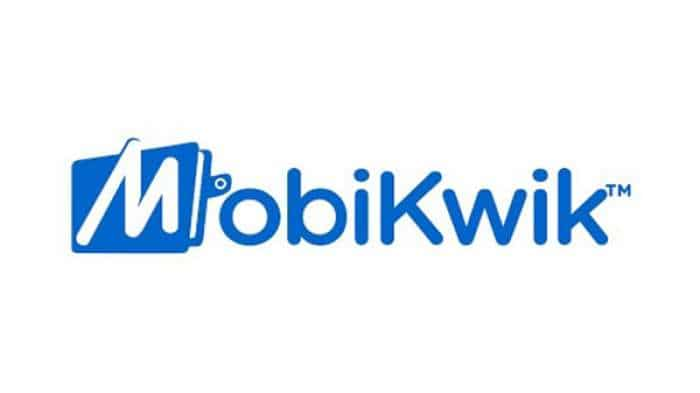Japan's August inflation stays above BOJ target for 17th month
The slowdown has not been as large as expected due to steady rises in food prices, and could keep inflation above the BOJ's target longer than initially thought.
)
Japan's core inflation was steady in August and stayed above the central bank's 2 per cent target for a 17th straight month, data showed on Friday, a sign of broadening price pressure that could heighten the case for an exit from ultra-easy monetary policy.
The data comes hours before the Bank of Japan (BOJ) concludes its two-day policy meeting that began on Thursday.
While the BOJ is widely expected to keep ultra-easy monetary settings unchanged, markets are focusing on any hints from Governor Kazuo Ueda on how soon it could phase out stimulus.
The nationwide core consumer price index (CPI), which excludes volatile fresh food but includes fuel costs, increased 3.1 per cent in August from a year earlier, government data showed, compared with a median market forecast for a 3.0 per cent gain. It followed a 3.1 per cent rise in July.
While government subsidies pushed down utility bills, prices rose for a range of food and daily necessities in a sign that steady inflation was taking hold in the world's third-largest economy.
Service prices rose 2.5 per cent year-on-year in August after a 2.4 per cent gain in July, suggesting that rising wages could lead to broader price pressures in the world's third-largest economy.
The so-called "core core" index that strips away the effect of both volatile fresh food and fuel prices, rose 4.3 per cent in August from a year earlier, following the same year-on-year pace of increase in July.
"The persistent stickiness of inflation means the BOJ will need to revise up their inflation forecasts at its October meeting," said Gabriel Ng, an economist at Capital Economics.
"The upshot is that we think BoJ Governor Ueda will use this window of opportunity where inflation still remains above its 2 per cent target to dismantle the ultra-loose policy regime put in place by his predecessor."
After hitting a peak of 4.2 per cent in January, core inflation continued to slow as the effects of last year's sharp rises in fuel and raw material prices dissipate.
But some analysts say the slowdown has not been as large as expected due to steady rises in food prices, and could keep inflation above the BOJ's target longer than initially thought.
Markets are simmering with speculation the BOJ will soon end negative short-term interest rates and a 0 per cent cap set for the 10-year bond yield in response to broadening inflationary pressure.
The BOJ has played down the near-term chance of phasing out its massive stimulus, arguing the recent cost-driven price rises need to change into demand-driven increases in inflation for the bank to consider hiking interest rates.
Get Latest Business News, Stock Market Updates and Videos; Check your tax outgo through Income Tax Calculator and save money through our Personal Finance coverage. Check Business Breaking News Live on Zee Business Twitter and Facebook. Subscribe on YouTube.
RECOMMENDED STORIES
08:08 AM IST











 Inflation in Japan's capital slows more than expected, slides below BOJ goal
Inflation in Japan's capital slows more than expected, slides below BOJ goal Japan's March core inflation slows, weak yen complicates BOJ move
Japan's March core inflation slows, weak yen complicates BOJ move Inflation in Japan's capital slows in November
Inflation in Japan's capital slows in November Bank of Japan governor gets 1.1% pay hike, below inflation
Bank of Japan governor gets 1.1% pay hike, below inflation Japan's corporate service inflation climbs in sign of broadening price pressures
Japan's corporate service inflation climbs in sign of broadening price pressures